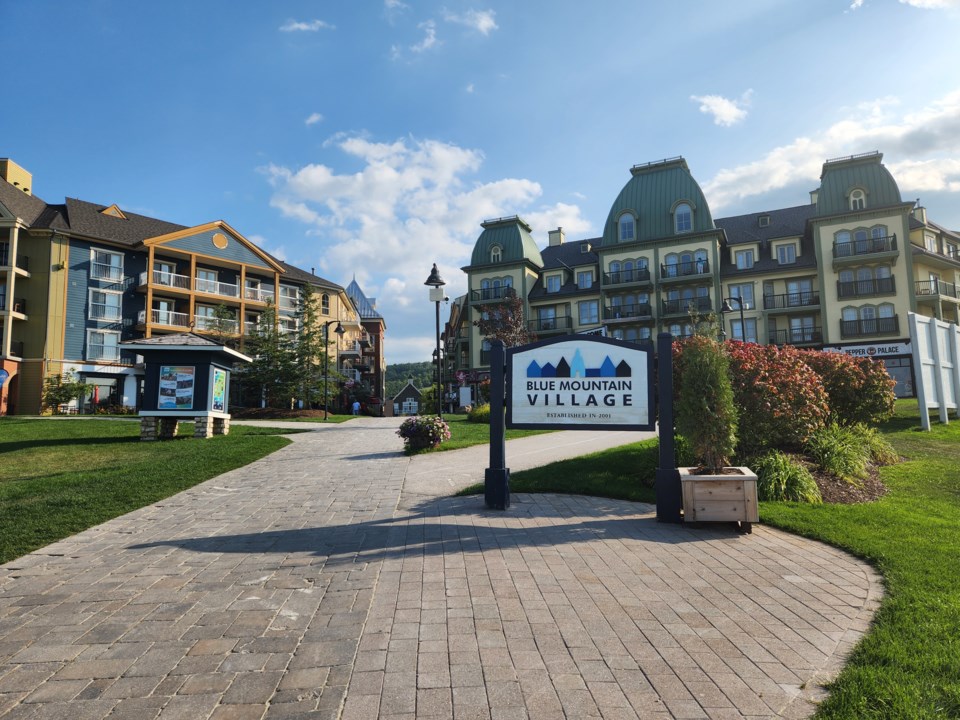The Town of The Blue Mountains council and staff continue to examine the validity of a special tax class for condominiums at Blue Mountain that moonlight as hotel rooms.
Council got its latest update staff report presented at its committee of the whole meeting on Dec. 9. The town has been examining the possibility of ending the resort condominium property class – a special tax class that applies only in the town and only to condominium units that are also rented out as hotel rooms when their owners are not using them.
A resident request to end the special classification prompted council to ask for a staff report.
In a report, town staff explained to council that the special tax class cannot be ended by the town.
“The authority to adopt or collapse an optional property class rests with the county and not the local municipality,” Monica Quinlan, director of finance and treasurer told council.
The resort condominium tax class is a unique property tax classification created by the provincial government in 2005 and applies only to the Town of The Blue Mountains. It essentially provides a property tax break for owners of condominium units at the Village, who also rent their properties out as hotel units
The stand-alone tax class keeps those condo units out of the commercial tax class. Commercial properties pay property taxes at a higher rate than residential properties.
Quinlan also explained that should Grey County take action to alter its bylaw to put an end to the special tax class, it would not mean a financial windfall for the town. She said what would happen is a tax “shift” that would see some tax burden currently on residential property owners shifted to the commercial tax class.
“The revenue is not increased to the municipality. There isn’t a windfall here,” said Quinlan. “This isn’t additional revenue.”
She explained to council that if the special property tax class was to end, residential taxpayers across the town would see a 1.33 per cent decrease in taxes (approximately $30 per year for the home assessed at the average value). However, she also noted that property owners in the special tax class (if assessed at the average condominium value of $200,000) would see taxes double from $1,913 per year to $3,844 per year.
Quinlan said the town has been working with Grey County financial officials to look at the tax class, as well as with the county’s tax advisors: Municipal Tax Equity Consultants (MTE).
Council voted to accept the report from staff and directed them to work with the county and MTE on a more thorough review about the impacts ending the tax class might have on property taxpayers.
